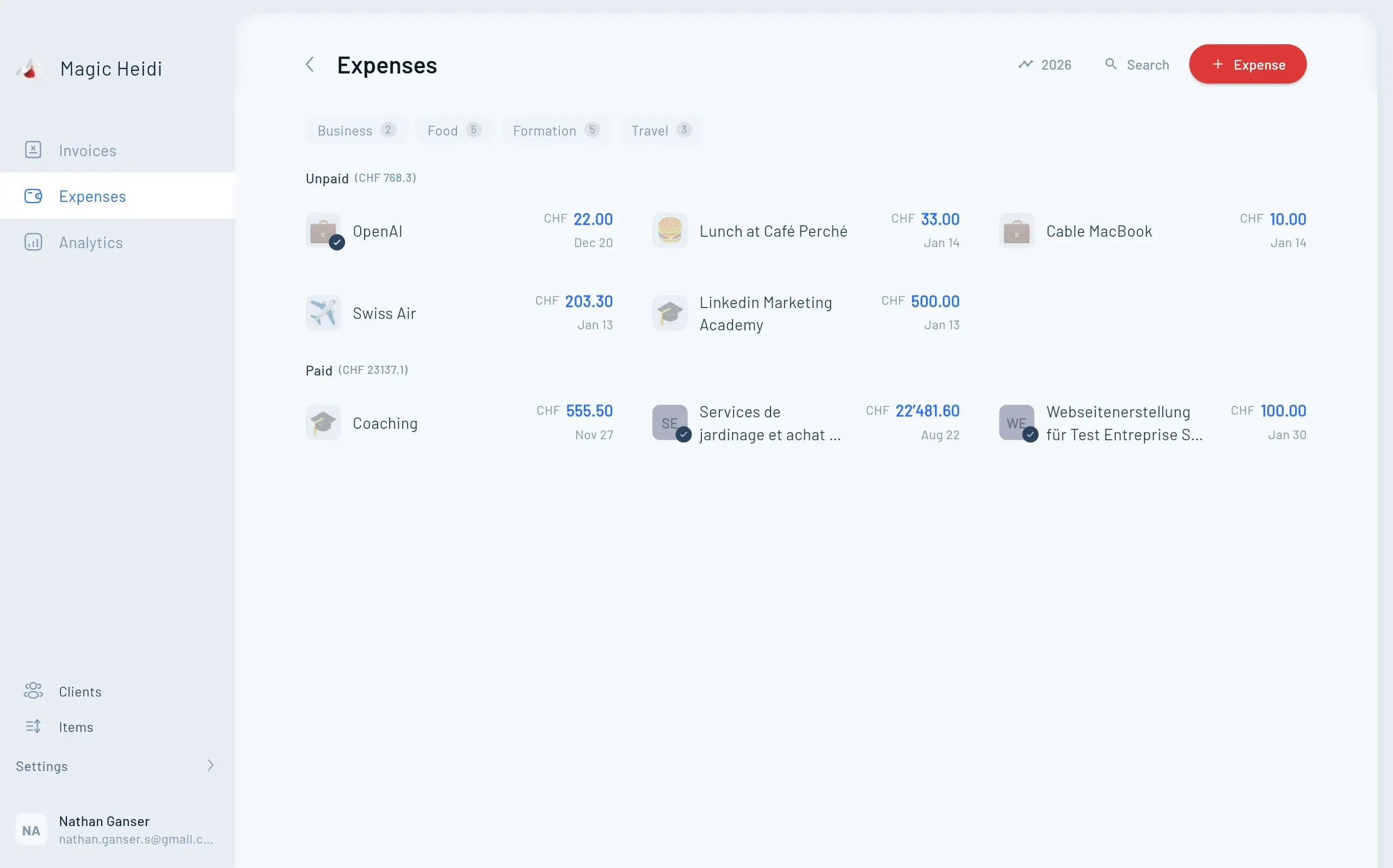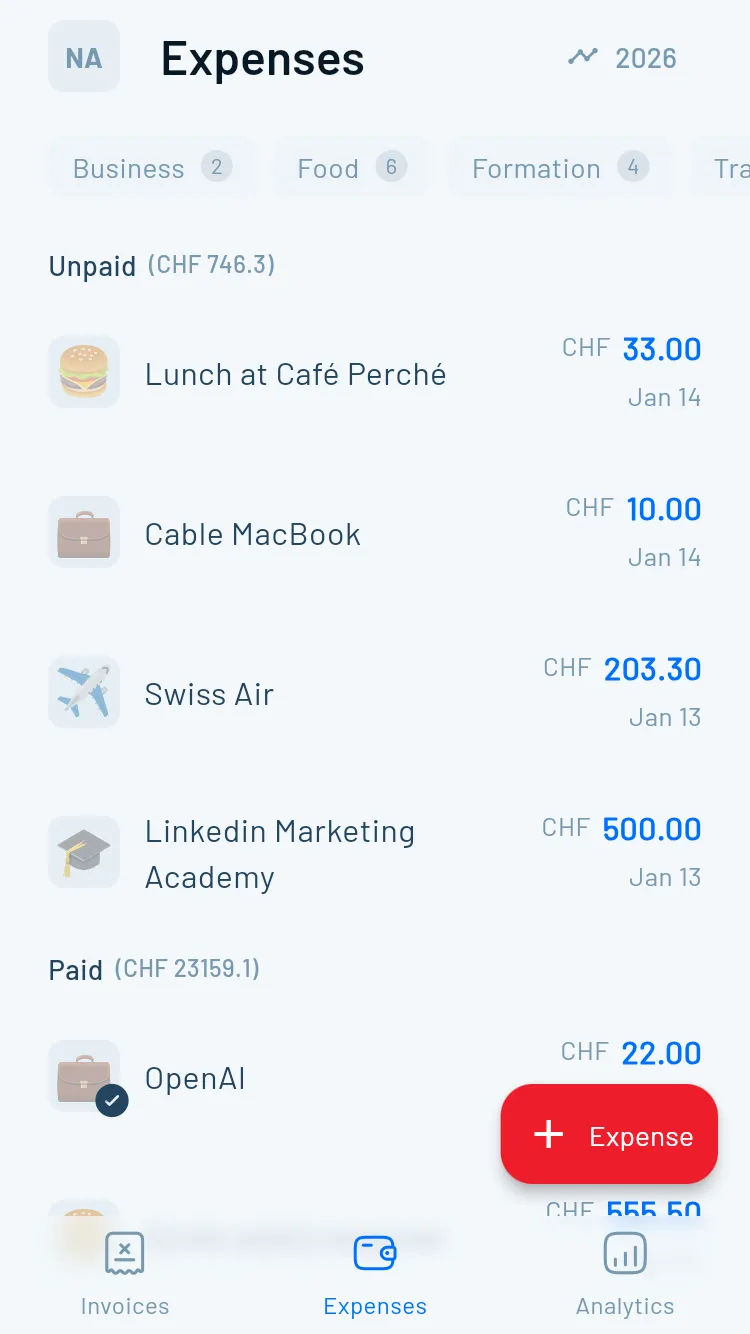Before Hiring Any Accountant
Ask these key questions to find the right fit for your freelance business.
- Do you have experience with freelancers in my industry?
- What software do you work with?
- What's your pricing model (hourly vs. fixed)?
- How do you handle communication and availability?
- Can you help with tax optimization, not just compliance?




